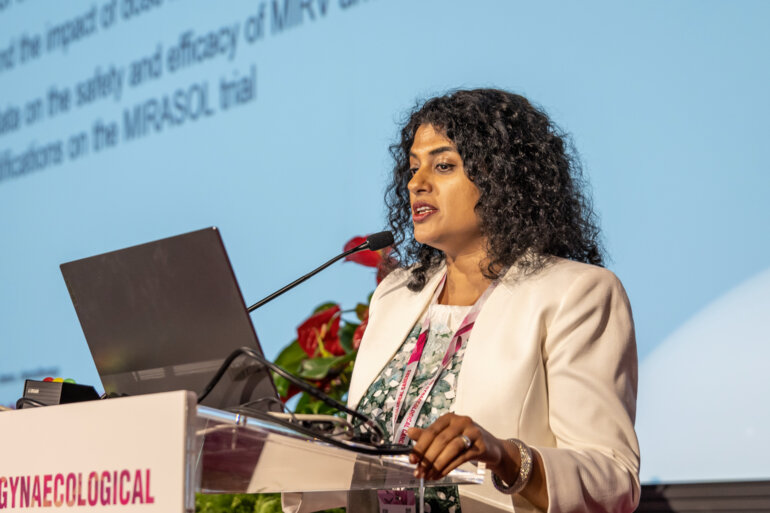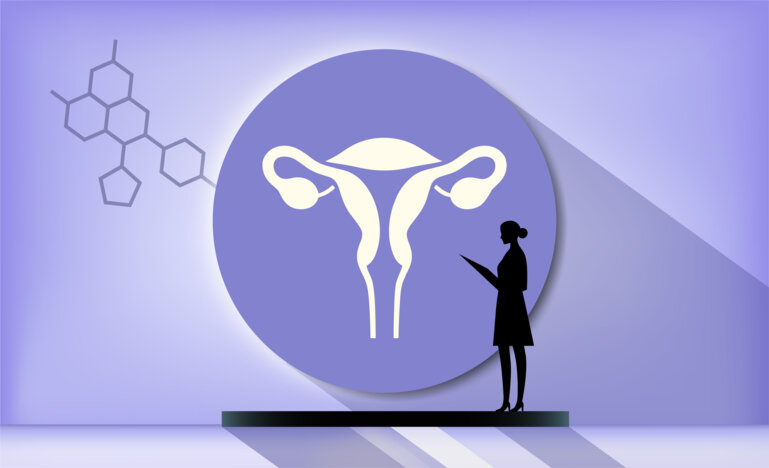
First-line avimantamab plus lazertinib shows efficacy in patients with high-risk EGFR-mutant advanced NSCLC
In the MARIPOSA study, a significant improvement in progression-free survival was reported in a subgroup with poor prognostic factors

In the MARIPOSA study, a significant improvement in progression-free survival was reported in a subgroup with poor prognostic factors

In the Cohort B of the TACTI-003 study, the combination therapy led to clinically meaningful response rates in patients with recurrent or metastatic disease

Benefits reported for the combination of ipilimumab and nivolumab further expand alternative therapeutic options for patients with unresected advanced disease

The development of KRAS selective inhibitors promises to expand treatment to a broader population of patients with KRAS-mutated tumours

New survival data from the MIRASOL trial support the use of this antibody-drug conjugate as a preferred standard of care for patients with high folate receptor alpha tumour expression

The phase II part of the ROCSAN trial failed to meet its primary endpoint but there may be potential for benefit based on efficacy and safety data with the combination

A multitude of new agents under development could finally offer meaningful treatment options to a patient population with high unmet need

Efficacy and safety of the first-line novel combination were assessed in patients with untreated PD-L1 positive locally advanced or metastatic tumours

A synergic effect of olaparib, durvalumab and fulvestrant was observed across different mutated subgroups, with higher benefits in BRCA 1 and 2 carriers

Studies provide evidence of potential efficacy for a novel CDK4-selective inhibitor and long-lasting benefits for a pan-AKT inhibitor
This site uses cookies. Some of these cookies are essential, while others help us improve your experience by providing insights into how the site is being used.
For more detailed information on the cookies we use, please check our Privacy Policy.
Necessary cookies enable core functionality. The website cannot function properly without these cookies, and you can only disable them by changing your browser preferences.